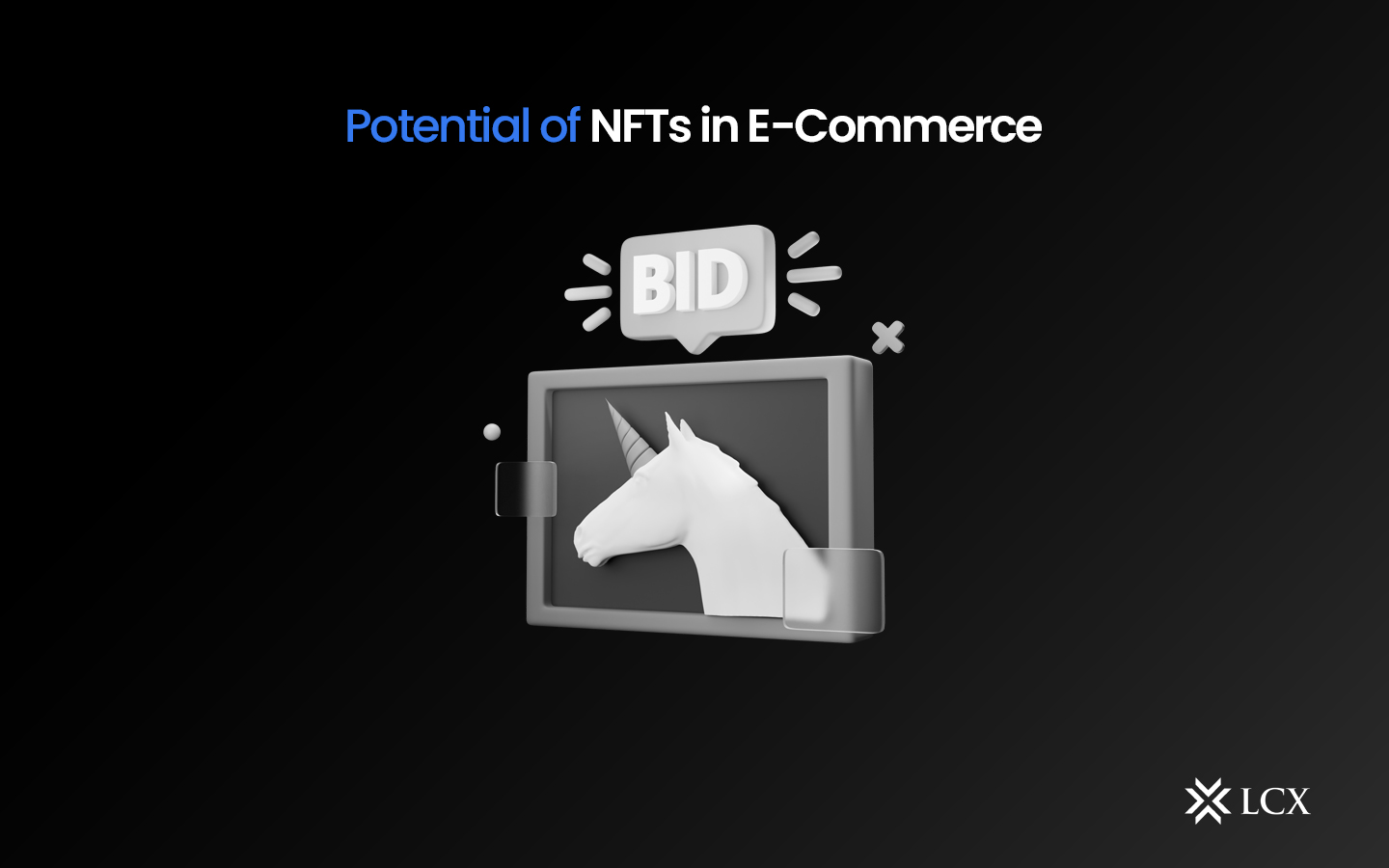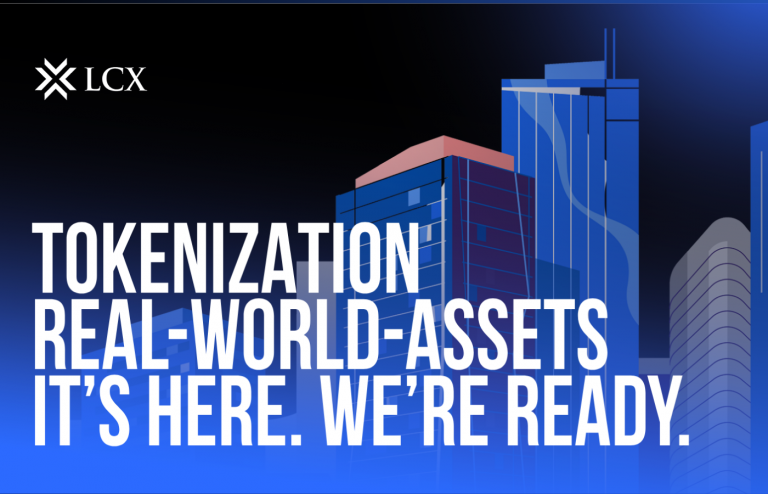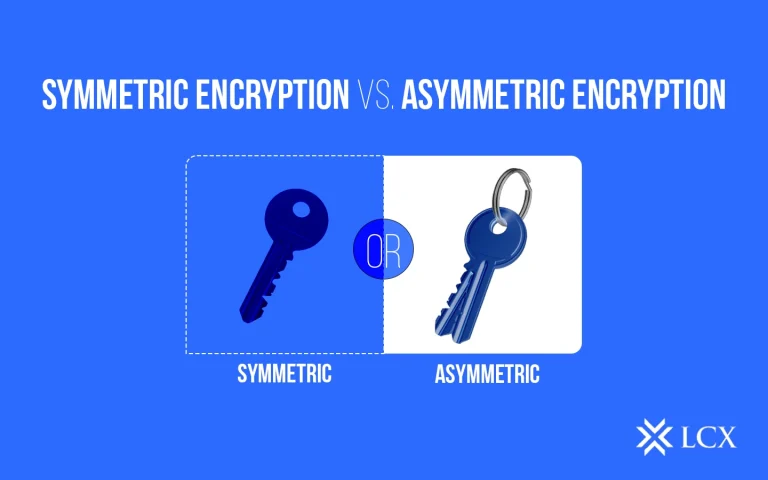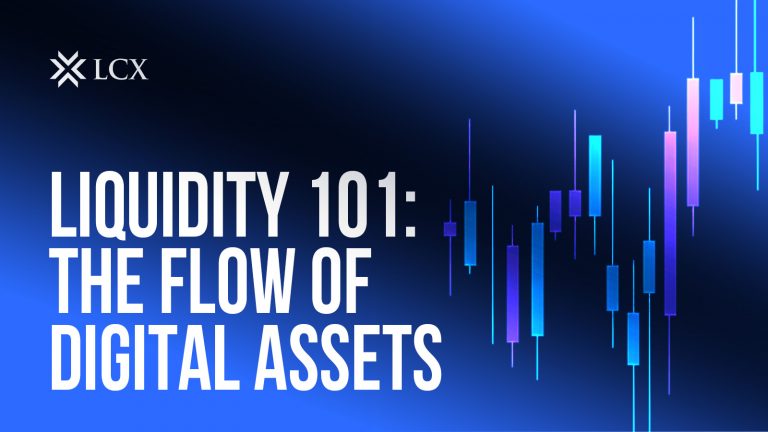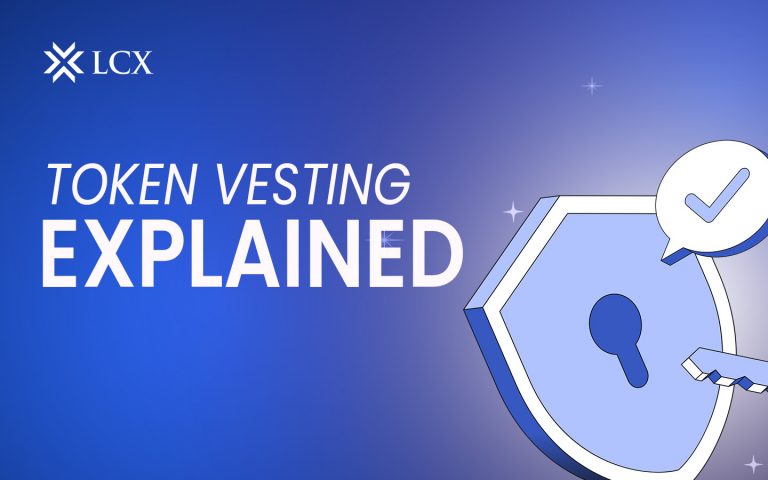The E-commerce industry has influenced the way individuals buy and trade goods in the modern era as a result of technology’s constant evolution. Never before in history has it been so effective and simple. Businesses, professional groups, athletic groups, and venture capitalists are displaying a disproportionate quantity of enthusiasm for NFTs. Given the promising future of NFTs and e-commerce, businesses are open to exploring new methods of integrating NFTs into transactions over the internet. Creating multimodal products, upselling value-added bundles, and offering the immediate satisfaction of the virtual version of a real purchase through NFT can assure the sustainability of a business.
NFTs in the Retail Industry
Early adopters are passionate about purchasing NFTs to leverage the current wave. NFTs are digital-assets, unlike cryptocurrencies, so they can be sold or distributed by business organizations as consumable or tradable products. They have a fixed value in fiat currency or a cryptocurrency, allowing them to be traded or purchased.
NFTs represent the future of eCommerce. When creating an e-commerce portal, there has to be a guarantee that NFT applications are possible via the online store. Since NFTs result in the availability of new revenue sources, it is crucial that the eCommerce site is optimized for selling exclusively digital art and blended physical and virtual goods, as well as leveraging NFTs for customer loyalty.
The benefits of NFTs in e-commerce
A number of e-commerce companies are willing to develop NFT integration solutions due to the benefits they offer.
Product Value Enhancement
By building digital copies of physical products, non-fungible tokens can be used to increase their value. By providing unique advantages and rewards, that can be utilized to draw consumers and build loyalty. Additionally, it can be used to make the product more exclusive and scarce, thus raising its perceived worth.
Verification of Authenticity
By designating each product a unique token, NFTs are able to be utilized to guarantee the legitimacy of goods. The result may be used to authenticate products and build consumer trust and reliance. This can be exceptionally useful in avoiding the distribution of unauthorized or imitation products.
Inventory Control management
NFTs include excellent monitoring and transparency characteristics that may assist eCommerce businesses in managing their supply chains more effectively and precisely. This can be used to monitor goods and their progression all through the supply chain, thus decreasing the possibility of outages and enhancing their overall efficacy.
Secured Transaction Records:
NFTs are constructed on a blockchain network that permits keeping track of confirmed transactions. It can be implemented to guarantee the confidentiality and accuracy of transactions, making it simpler to monitor the history of trades and establishing transparency and safety on the platform.
Loyalty Programs for Customers:
By offering customers exclusive rewards and benefits, NFTs can be used to establish customer loyalty programs with added value. This can be used to encourage customers to make additional purchases, thereby boosting their satisfaction and their lifetime worth.
New Source of Income:
eCommerce enterprises can utilize NFTs to generate new revenue streams. This may consist of the trading of NFTs on NFT marketplaces, the selling of digital assets, and the establishment of NFT-based loyalty programs.
Sales directly to end-users:
NFTs and e-commerce can be utilized for marketing digital assets to individual consumers through a platform. This is another way to promote a product’s pre-launch, generate interest, and attract early adopters.
Prospects of NFTs in E-Commerce Industry
NFTs have a chance to enhance online commerce, which is anticipated to grow considerably over the next few years.
Pre-launching: NFT Tokens can be used as pre-launch tangible goods in order to generate publicity and excitement prior to the introduction of a new product, allowing for the creation of a loyal following that includes early adopters.
Branding: Incorporating NFTs with real-world objects enables brands to reach out to both early adopters and traditional customers. For instance, Nike’s NFT-based trainers offer additional opportunities for consumers to engage with their online purchases.
Trailing: Previously inaccessible in e-commerce, NFT technology can accelerate digital sales while offering tracking of product data throughout its existence.
Value Addition: A hybridized variety of NFTs and real-world items in the E-commerce industry could bridge the experiential divide caused by the length of time required for delivery.
Authentication Verification: As a result of blockchain-based verification methods, clothing that employs NFTs for personal identification and deed of ownership will be perceived as having a higher value.
Loyalty Program: Offering NFT-based collectibles to clients can add value to the loyalty program by allowing customers to use their hard-earned reward points in a variety of ways.
Conclusion
NFTs and E-commerce when combined, can be a massive industry. Since it employs digital technologies, it has vast potential for adopting NFTs and solutions based on blockchain technology. NFT empowers eCommerce with a variety of capabilities that enable them to provide a next-generation online shopping experience for consumers. Currently, consumers have a strong interest in trading NFTs and employing them for product exchanges. In the future, NFTs and e-commerce benefits will increase dramatically. Therefore, there should not be a delay in employing this cutting-edge technology for the business in order to gain a swift advantage over its rivals. However, because integrating NFTs into eCommerce requires advanced knowledge of blockchain and other technologies, they will require the assistance of an experienced blockchain company that can assist in developing the NFT E-Commerce industry.
